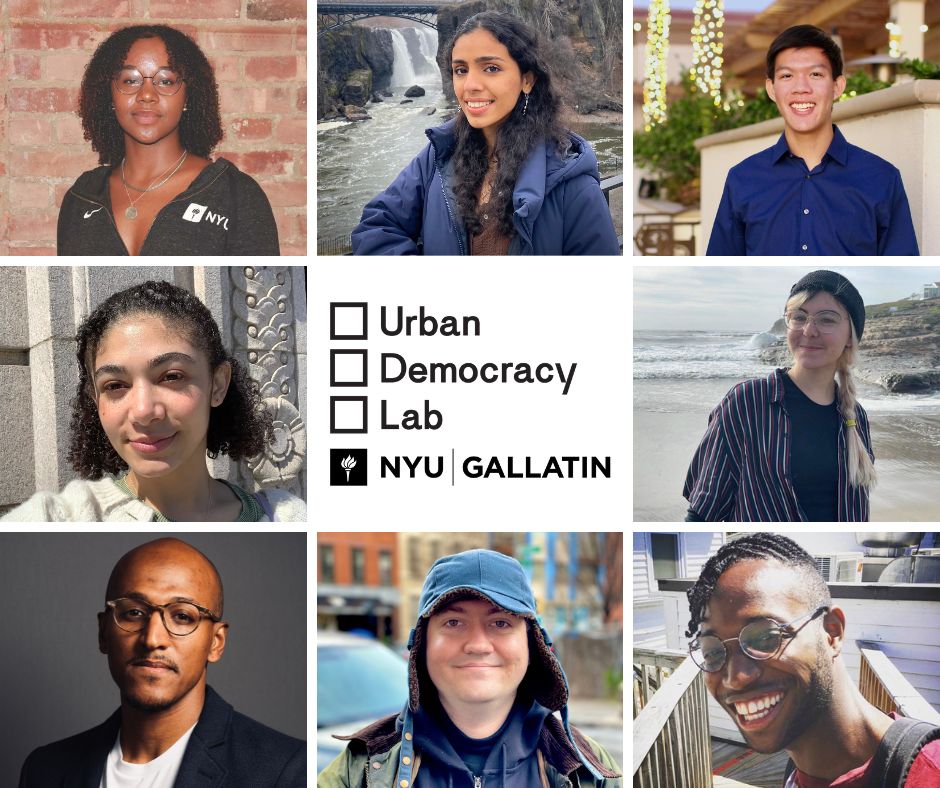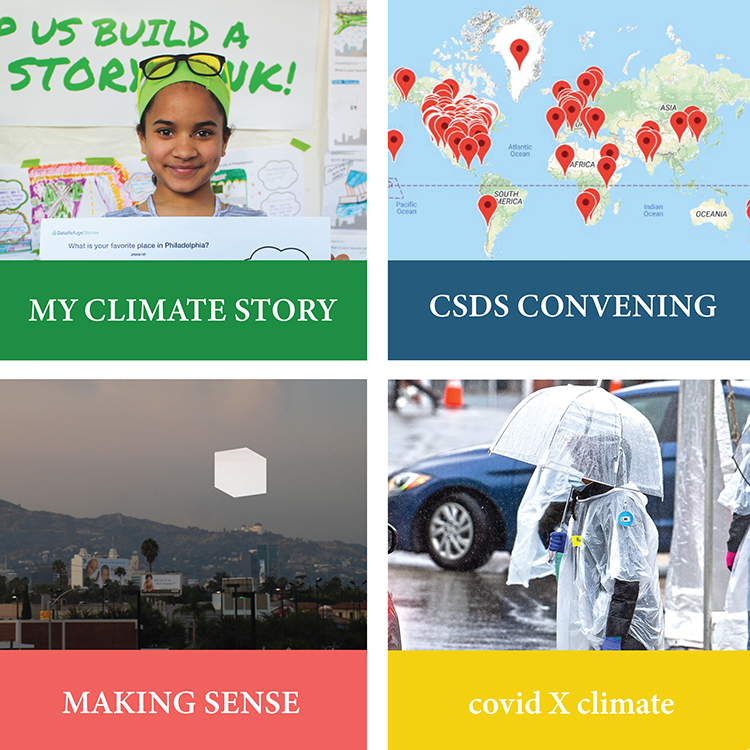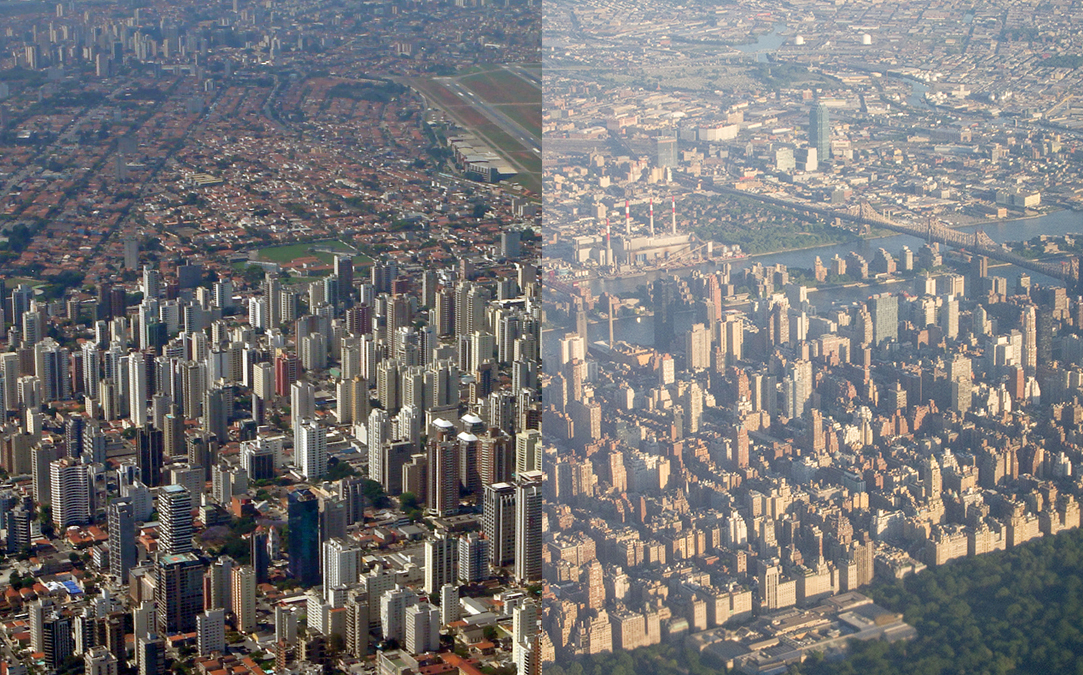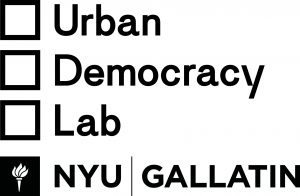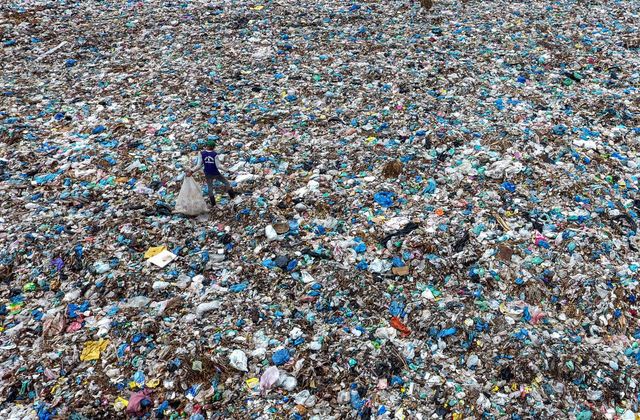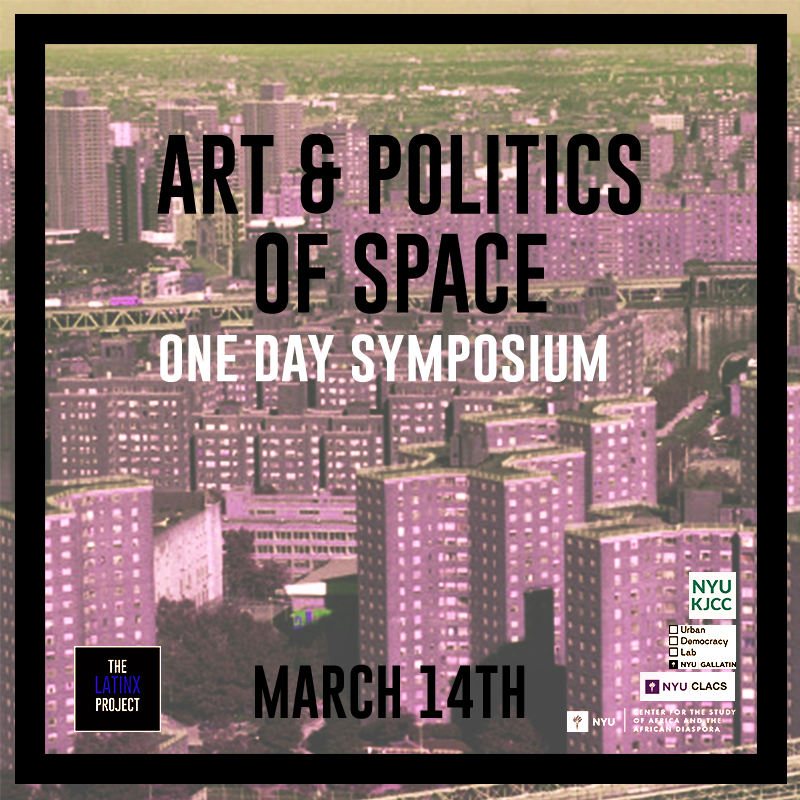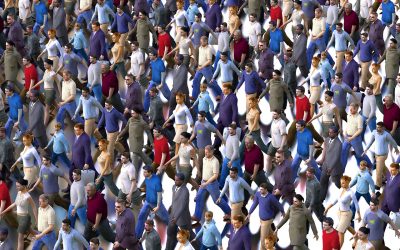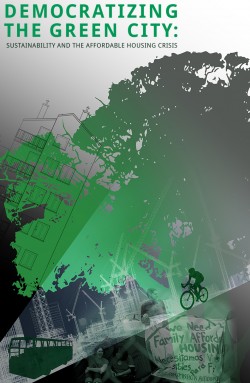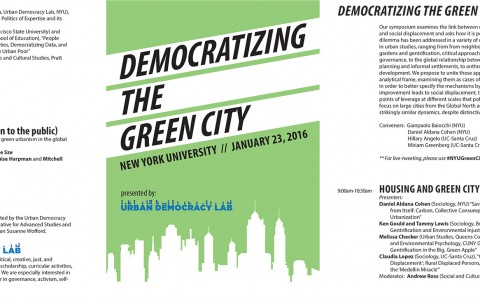Co-sponsored by the Urban Democracy Lab, NYU Gallatin, NYU Shanghai Center for Data Science and Analytics, Asian/Pacific/American Institute at NYU, and the Institute for Public Knowledge
This day-long symposium examines how we can use data and digital strategies to enhance and disrupt the kinds of research questions, methods, and narratives that define the humanities. It also complicates the role of the urban university in a global “city-state” such as New York, where the boundaries between university and city are quite blurred. This symposium is an opportunity to rethink our alliances, forge stronger and more equal relationships between university-affiliated researchers and community-based organizations, and amplify opportunities to share both resources and authorship with one another.
(View full speaker information here)
Schedule:
9-9:30am: Coffee and pastries
9:30-9:45am: Brief Welcome, Rebecca Amato, Urban Democracy Lab/NYU Gallatin
9:45-11:15am Panel One: Queering the Web
How are history, social change and stasis, and the actions of people over time simply and creatively represented on a website? How do the computational structures, design paradigms, and visual histories of the digital medium reify social norms? Do gender and sexuality play a significant role in the performative experience of the computer interface? This panel will discuss how the course “Queering the Web: A Practical, Digital Inquiry into the History of Gender and Sexuality” addresses these complex questions, through the study and redesign of the public history site OutHistory.org. Site founder and independent scholar Jonathan Ned Katz, along with professors Kimon Keramidas and Elizabeth Heard and their students will discuss the development of the class and progress made towards answering these questions.
Kimon Keramidas, Draper Program, NYU
Jonathan Ned Katz, Outhistory.org
Elizabeth Heard, Performance Studies, NYU
Cindy Li, MA candidate, Social Cultural Analysis, NYU
11:30-1pm Panel Two: Decolonizing Data
The power dynamics inherent in data collection, interpretation, and dissemination reproduce inequities, bolster systems of oppression, and reduce human experience to a numbers game. As our cities turn to informatics for policymaking, budgeting, policing, and resource distribution, this panel seeks to critique the use of data in a world more complicated, messy, and creative than the numbers would have us believe.
Jack Tchen, NYU
Noah Fuller, NYU
Heather Lee, NYU Shanghai
Jane Choe, B.A. Gallatin 2018
Molly Elizabeth Smith, MLK Jr. Scholar, B.A. Gallatin 2018
1-2:30pm LUNCH BREAK (recommendations to be provided)
2:30-4pm Panel Three: Activist Geographies
Mapping and geographical analysis have transformed humanities scholarship by anchoring narratives of all kinds in space and place. Where an incident happens, whether it be historical, political, or even literary, changes the way we understand it. Yet maps themselves can also be deterministic, forcing us to lose sight of the ways in which, as Mark Monmonier writes, “maps lie.” This panel looks at mapping as a powerful tool for activism and analysis, while also demonstrating the need to include other perspectives, such as interactivity, oral history, and historical narrative, to deepen its utility.
Caleb Elfenbein, “Is this activism? Mapping Islamophobia as Public Humanities,” Mapping Islamophobia, Grinnell College
Erin McElroy, “Collectively Mediating Displacement and Resistance: On the Work of the Anti-Eviction Mapping Project, “Anti-Eviction Mapping Project, San Francisco Tenants Union
Julian Chambliss, “Recovering Black Community Space: Hannibal Square and Black Social World in Central Florida,” Rollins College
Joshua Jelly-Schapiro, Visiting Scholar, NYU, Co-editor with Rebecca Solnit of Nonstop Metropolis
4:15-6pm: Simultaneous Workshops and Break-Out Discussions
Practical Data Workshops
Part I: Collecting and Protecting Your Data, Nick Wolf and Vicky Steeves, NYU Libraries, Data Services: 45 minutes
In this workshop we’ll talk about recommended practices at different times in the research life cycle, from the gathering of data and research materials to personal archiving and sharing project data. We’ll focus on helpful workflow tools for managing data such as the Open Science Framework, options for short-term storage, and ways to approach long term preservation, sharing, and distribution.
Part II: Free and Open Source Digital Tools, Nick Wolf and Vicky Steeves, NYU Libraries, Data Services: 45 minutes
Recent years have seen an explosion of higher-quality, community-supported researcher tools for working on digital projects. In this workshop we’ll engage collectively in a conversation about what tools have been effective, what we need to know about community development, and preview a few select tools that are useful to current researchers working in web publishing, project management, data cleaning and preparing, and spatial analysis.
Walking Tour: Below the Grid: An Interactive Guide to Walking Practice, Noah Fuller
How does each of us move through the city? How can we reflect on and engage with our walking practice? Join artist and curator Noah Fuller for a multi-sensory walking tour that digs into the intermingled historical layers below the New York City grid. [Meet outside 20 Cooper Square. Traveling from the Bowery to Astor Pl to Washington Square Park. Bring a smartphone and comfortable shoes.]
Project Development Mentorship, Jenny Kijowski, Educational Technologist, NYU Gallatin (20 Cooper Square, Room 222)
Do you have a digital humanities or data-driven project that you would like to talk through? NYU Educational Technologist Jenny Kijowski will facilitate a practical discussion with symposium participants interested in developing project ideas and creating a toolkit of resources that can transform those ideas into actionable plans.
7-8:30pm: Data in Context: Lessons from Urban Space, Keynote with Gergely Baics and Leah Meisterlin
With the growth of data pertinent to humanities scholarship, we have seen the development of new tools and techniques of analysis. In this talk, Baics and Meisterlin will present lessons from their recent work on urban spatial research. Still, despite the changing technological landscape, primary among these lessons is a simple return to first principles: the answers we find depend on the questions we ask and the context in which we ask them.
** Please RSVP here for individual panels and workshops **
Free and open to the public
20 Cooper Square, 5th Floor Conference Room
Saturday, April 8, 9am to 8:30pm

